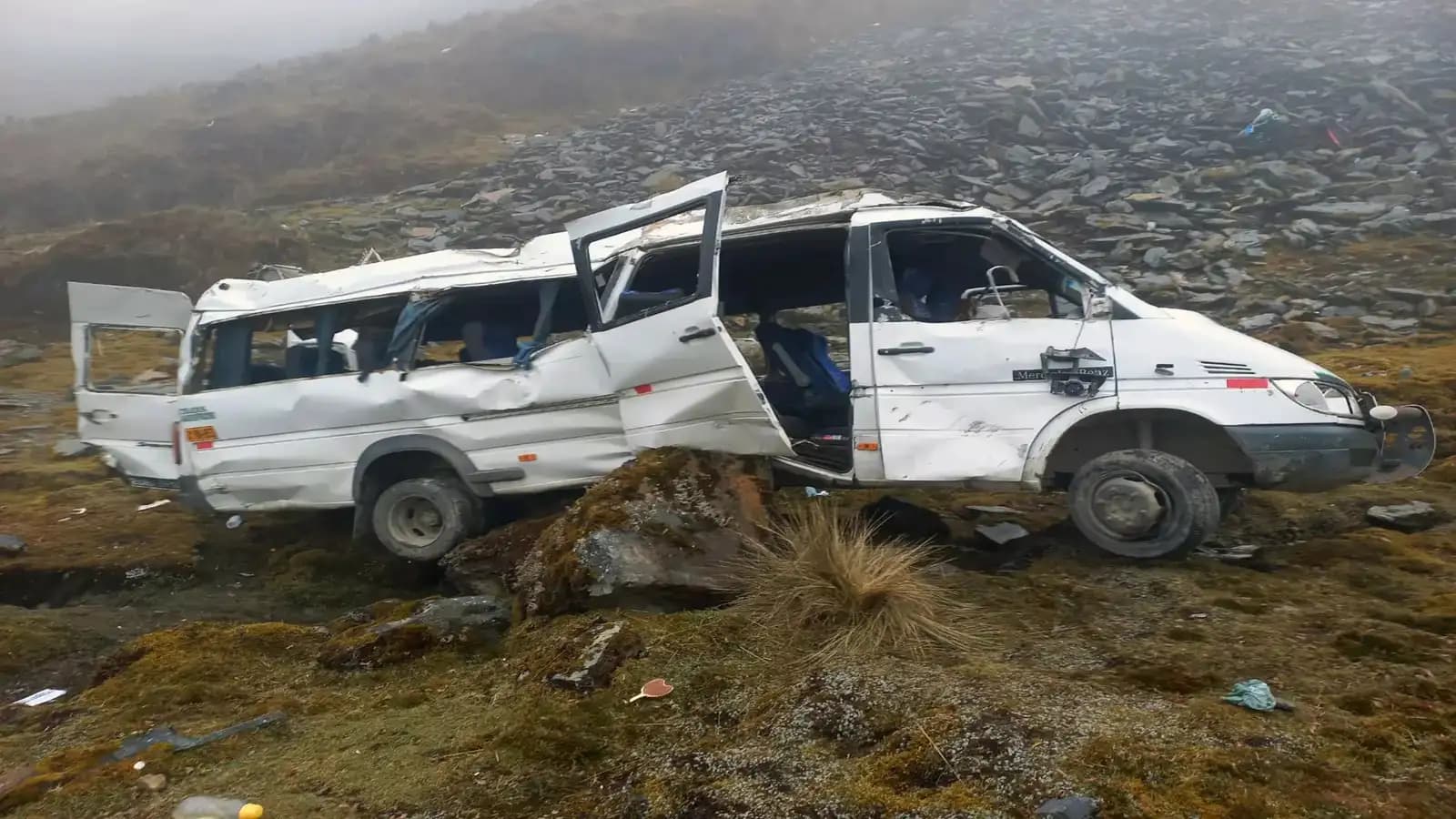We're loading the full news article for you. This includes the article content, images, author information, and related articles.
A fierce dispute over a lucrative bus contract at Peru's top tourist site, Machu Picchu, has stranded over a thousand tourists and raises critical questions about the management of world heritage sites globally.

A contentious dispute over the transportation contract for visitors to Machu Picchu, the 15th-century Inca citadel and a UNESCO World Heritage site in Peru, escalated in recent months, leading to significant disruptions and the evacuation of approximately 1,400 stranded tourists. The conflict highlights the intense economic stakes tied to global tourism and the challenges of managing iconic historical sites. For decades, the bus company Consettur held a monopoly on the 20-minute ride from the town of Aguas Calientes up a winding mountain road to the entrance of the ancient ruins, transporting up to 4,500 people daily. This service is the only alternative to a strenuous two-hour hike.
The current turmoil began when Consettur's 30-year concession, which has faced scrutiny for its legality in the past, was not renewed, and a license was reportedly awarded to a rival firm, San Antonio de Torontoy. This decision ignited fierce protests from local communities in September 2025, who alleged the bidding process was not transparent. Protestors blocked the main railway line connecting the city of Cusco to Aguas Calientes with rocks and logs, effectively cutting off the primary access route for most visitors and leading to the large-scale evacuations managed by Peruvian authorities. The U.S. Embassy in Peru issued alerts advising travelers of the disruptions and potential for further limitations on access and services.
The dispute underscores the immense economic value of the bus route. With tickets for foreign tourists priced at $24 for the short journey, the operation generates substantial revenue in a region heavily dependent on tourism. Consettur, a consortium in which the local municipality of Machu Picchu Pueblo holds a significant 38% stake, has been accused of creating a conflict of interest between its role as a regulator and a beneficiary. Critics and rival entrepreneurs have long challenged its dominance, which dates back to 1995. Peru's consumer protection agency, Indecopi, had previously deemed the contract extensions irregular.
The recurring protests have inflicted significant economic damage, with past turmoil costing the region over 50 million soles (approximately $13 million) in lost revenue. The instability has also drawn international concern. The New7Wonders foundation, the organization that lists Machu Picchu as one of the 'New Seven Wonders of the World', warned that persistent mismanagement, overtourism, and instability could jeopardize the site's credibility and damage Peru's international image. However, Peru's Ministry of Culture has stated that the site is not on UNESCO's list of 'World Heritage in Danger' and that conservation efforts are not being violated.
While no direct impact on Kenyan or East African tourism has been reported, the situation at Machu Picchu offers a critical case study for nations managing their own heritage and tourism assets. The conflict between local community interests, private enterprise, and national governance over the control and revenue of a major tourist attraction is a universal challenge. For Kenya, which manages world-renowned sites like the Maasai Mara National Reserve and Fort Jesus, the events in Peru serve as a potent reminder of the importance of transparent and equitable benefit-sharing from tourism resources to prevent local grievances from escalating into crises that can tarnish a country's global reputation and disrupt a vital economic sector. The Canadian government has maintained a travel advisory for Peru, urging a high degree of caution due to crime and the potential for social conflicts and strikes.
As of late November 2025, an agreement reached on September 19, 2025, had restored bus and train services, but the underlying tensions persist. The provincial mayor of Urubamba, Ronald Vera, has noted that Consettur has been reluctant to cease its operations despite its contract ending, creating continued uncertainty. The path to a stable, long-term solution for managing access to one of the world's most cherished historical sites remains under intense negotiation and scrutiny. FURTHER INVESTIGATION REQUIRED.
Keep the conversation in one place—threads here stay linked to the story and in the forums.
Sign in to start a discussion
Start a conversation about this story and keep it linked here.
Other hot threads
E-sports and Gaming Community in Kenya
Active 9 months ago
The Role of Technology in Modern Agriculture (AgriTech)
Active 9 months ago
Popular Recreational Activities Across Counties
Active 9 months ago
Investing in Youth Sports Development Programs
Active 9 months ago